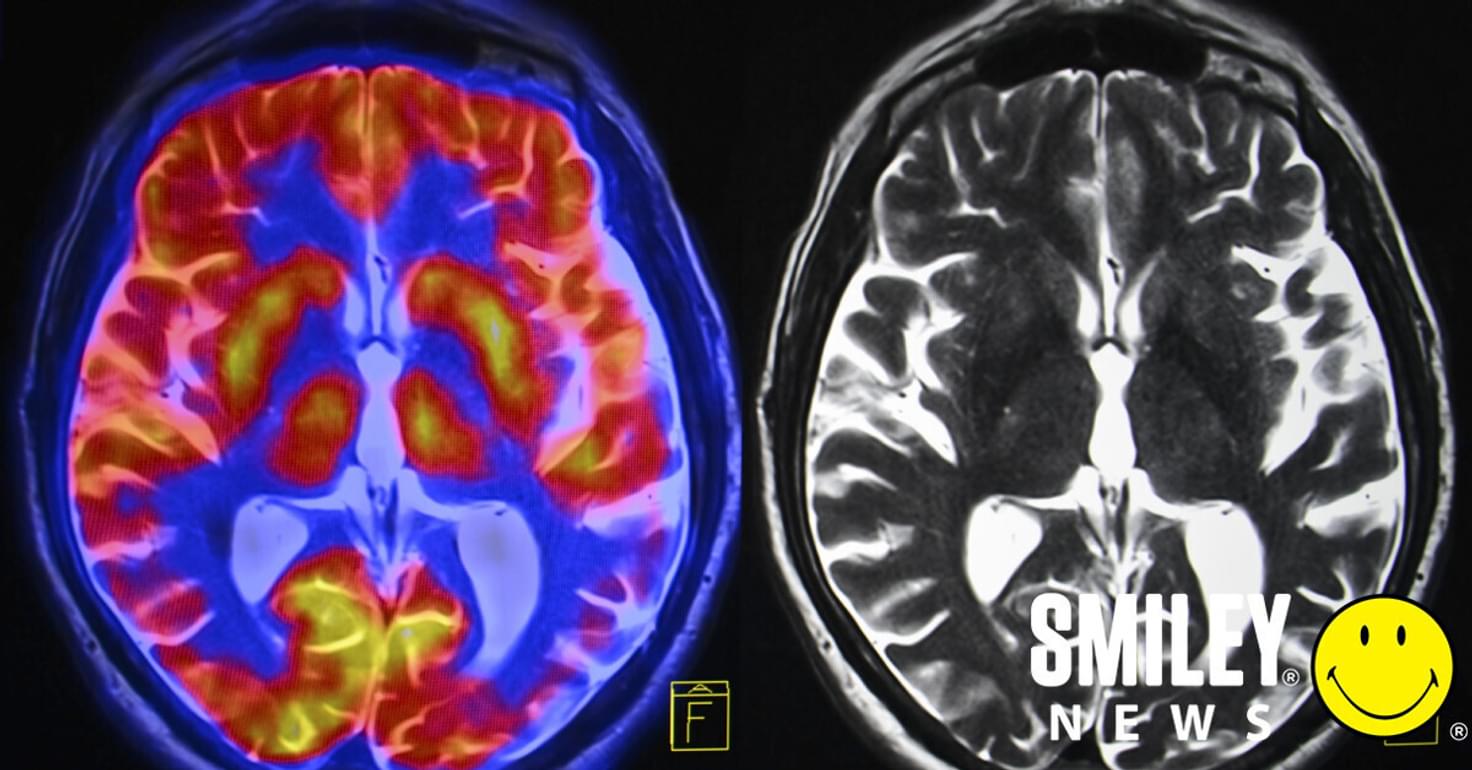
Words by Smiley Team
Scientists at the Imperial College London have developed a new way to diagnose Alzheimer’s – and all it takes is a single brain scan.
Alzheimer’s can be a difficult and debilitating illness, and is hard on family members as well as those who are diagnosed. A quick and simple diagnosis that doesn’t cause stress to the patient is key to helping people get the care they need as soon as possible.
The technique can be carried out using a standard MRI machine – the interesting part comes after. Using an AI programme that has analysed the brain scans of over 400 Alzheimer patients, at varying stages of development, the programme can diagnose Alzheimers with 98% accuracy.
[Sign up here to receive a weekly dose of positive news in your inbox]
Even more incredible is that this AI programme can distinguish between early and late stages of Alzheimer's with 79% accuracy.
“Currently no other simple and widely available methods can predict Alzheimer’s disease with this level of accuracy, so our research is an important step forward,” said Eric Aboagye, the lead researcher on this project.
“Many patients who present with Alzheimer’s at memory clinics do also have other neurological conditions, but even within this group our system could pick out those patients who had Alzheimer’s from those who did not.”
MRI machines are now found in many hospitals around the world, which makes this testing quick and easy for patients. One of the things that restricts many people from getting themselves tested for illnesses is a lack of availability or a large wait time, so the fact that this is easy and completely painless is a huge bonus.
DONATE: Give to Alzheimer’s Society and help to support Talking Point, a safe space for those struggling with Alzheimer’s to talk about what they’re going through.
VOLUNTEER: Get involved with Alzheimer’s Research UK and help raise money for more research like this that can help diagnose and support those suffering with Alzheimer’s.